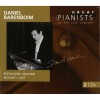| Voice/Instrument: |
Biography
The orchestra was founded in 1945 by Walter Legge, and although it gave live concerts occasionally, it was mainly intended to be a recording orchestra for EMI, where Legge was an executive. Thomas Beecham led its debut concert in 1946, but he was rejected as the orchestra's principal conductor, following his attempts to take control of the orchestra and change its name. Beecham instead went on to found the Royal Philharmonic Orchestra.[1]
In its early years, many prominent conductors made recordings with the ensemble, including Arturo Toscanini (released only in the 1990s due to the lack of Toscanini's approval)[citation needed] and Wilhelm Furtwängler. However, Herbert von Karajan was most associated with the Philharmonia in its early years. Whilst he never held an official title with the Philharmonia, Karajan built the orchestra into one of the finest ensembles in the world, and made numerous recordings, including all the Beethoven symphonies.
In 1954, Karajan was elected music director of the Berlin Philharmonic Orchestra and subsequently curtailed his work with the Philharmonia. Needing to find a new conductor for the orchestra, Legge turned to Otto Klemperer, whose career was flagging at the time. This proved to be an inspired decision, and Klemperer's name became indelibly linked with the orchestra during an "Indian Summer" of great recordings. In 1959, Klemperer was named music director for life.
On 10 March 1964, Legge announced that he was going to disband the Philharmonia Orchestra. At a recording session with Otto Klemperer, a meeting was convened where those present unanimously agreed that they would not allow the Orchestra to be disbanded. Klemperer gave his immediate support, and on 17 March 1964 the Orchestra elected their own governing body and adopted the name New Philharmonia Orchestra. The inaugural concert of the New Philharmonia Orchestra under its own auspices took place on 27 October 1964. It was a performance of Beethoven's Symphony No. 9, conducted by Klemperer, who was now honorary president of the orchestra. From 1966 until 1972 the chairman of the orchestra was the principal flautist, Gareth Morris.
The orchestra gave many more live performances after it became self-governing than it had under Legge's stewardship. Continuing as the New Philharmonia Orchestra, it reacquired the rights to the name “Philharmonia Orchestra” in 1977, and has been known by that name since.
Klemperer retired from conducting in 1971, but was officially still its principal conductor until his death in 1973. For those two intervening years, Lorin Maazel held the post of associate principal conductor (1971-1973), and was effectively the principal conductor. Riccardo Muti was principal conductor from 1973 to 1982. Giuseppe Sinopoli succeeded Muti, from 1984 to 1994. In 1997, Christoph von Dohnányi became Principal Conductor, and served until 2008, at which time he took on the title of Honorary Conductor for Life of the orchestra. In November 2006, the orchestra announced the appointment of Esa-Pekka Salonen as the orchestra's fifth Principal Conductor.[2], effective with the 2008-2009 season.[3] Salonen has often conducted the orchestra in concerts and records over a period of more than twenty years, and also served as principal guest conductor of the Philharmonia from 1985 to 1994.
The Philharmonia is one of the most recorded orchestras in the world, with over one thousand recordings. It has also been heard on the soundtracks of many films, performing the musical scores of such classics as Laurence Olivier's 1944 film version of Shakespeare's Henry V, and David Lean's film version of Oliver Twist (1948)
Discography
Composers' compositions
Joseph Haydn
Haydn - Symphonies Nos. 95, 100 & 102 - The New Philharmonia Orchestra, Otto KlempererSymphony / Symphonic music
Maurice Ravel
Ravel - Complete works - CD 13-17 - Songs, Choral works, Opera & Lyric worksVocal and instrumental music
Wolfgang Amadeus Mozart
Riccardo Muti - Mozart - Symphonies Nos. 25 & 29 (Remastered)Symphony / Symphonic music
Ludwig van Beethoven
Beethoven - The Complete Symphonies and Piano Concertos - Barenboim, KlempererSymphony / Symphonic music
Charles Camille Saint-Saëns
Saint-Saens - Symphonies, Piano Concertos, Violin ConcertosSymphony / Symphonic music
Robert Schumann
Schumann - Symphony No. 3 | Faust Overture - Otto KlempererSymphony / Symphonic music
Robert Schumann
Schumann - Symphony No. 1 | Manfred Overture - Otto KlempererSymphony / Symphonic music
Pyotr Ilyich Tchaikovsky
Decca Analogue Years - CD 10: Tchaikovsky: Manfred Symphony; Valse-ScherzoSymphony / Symphonic music
Wolfgang Amadeus Mozart
Mozart. Ouvertueren, Eine kleine Nachtmusik, Maurerische Trauermusik (Klemperer)Symphony / Symphonic music
Modest Mussorgsky
Scherzo in B-flat, orch. Rimsky-Korsakov (Geoffrey Simon)Symphony / Symphonic music
Modest Mussorgsky
Pictures from Crimea, orch. Walter Goehr (Geoffrey Simon)Symphony / Symphonic music
Nikolai Yakovlevich Myaskovsky
Cello Concerto in C minor (Rostropovich, Sargent)Symphony / Symphonic music
Op.66
Nikolai Yakovlevich Myaskovsky
Symphony No.21 in F-sharp minor (Measham)Symphony / Symphonic music
Op.51





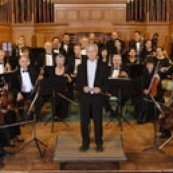
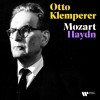

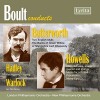

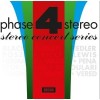
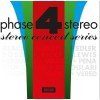
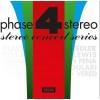
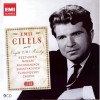
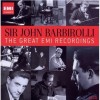
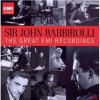
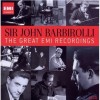
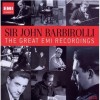
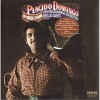
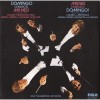
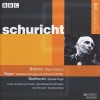
![Arthur Grumiaux - Philips Recordings 1955-1978 [CD 5 of 6]](http://static.classicalm.com/repository/disk-cover/small/3381-img1392035974793367.jpg)
![Arthur Grumiaux - Philips Recordings 1955-1978 [CD 6 of 6]](http://static.classicalm.com/repository/disk-cover/small/3382-img1392037041781585.jpg)
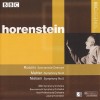
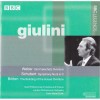
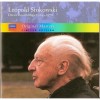
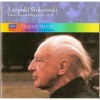
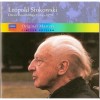
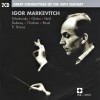
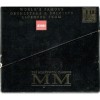
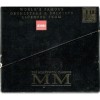

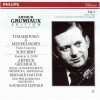
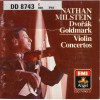
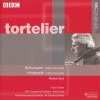
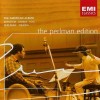




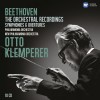
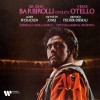
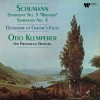

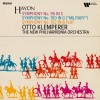
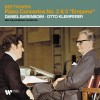
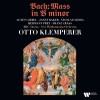

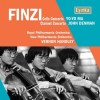
![Mahler - Symphonies Nos. 1, 5, 6 & 9; Lieder [remastered in 2020] - Janet Baker, Hallé Orchestra, New Philharmonia Orchestra, Berliner Philharmoniker, John Barbirolli](http://static.classicalm.com/repository/composition-cover/small/44742-img1676514559899408.jpg)
![Verdi - The Great Operas - 02 - Il Trovatore (2CD) [Mehta, 1970]](http://static.classicalm.com/repository/composition-cover/small/44159-img1665697185287980.jpg)

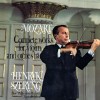


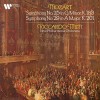

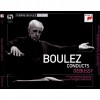
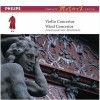

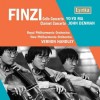
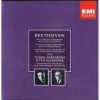
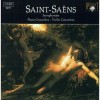
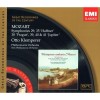
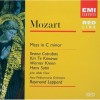
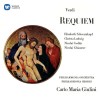

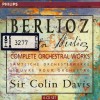
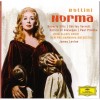
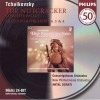
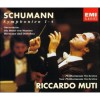
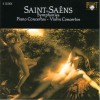
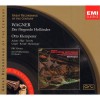
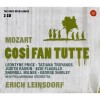
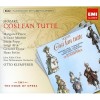
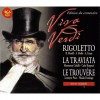
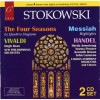


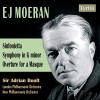
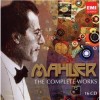
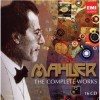
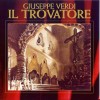
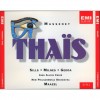
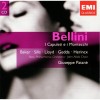
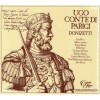
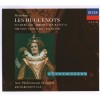

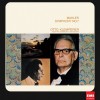
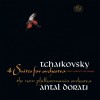

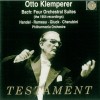
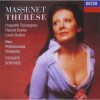
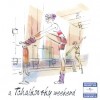
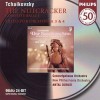
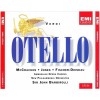
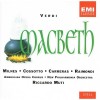
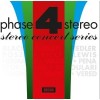
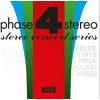
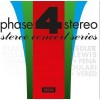
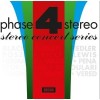

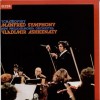
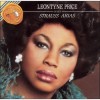
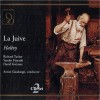

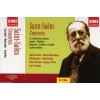

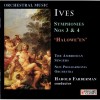
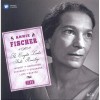
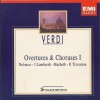
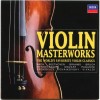

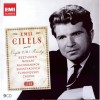
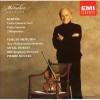
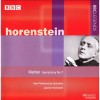
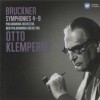

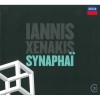
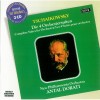
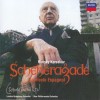
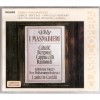
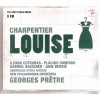
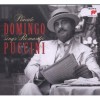
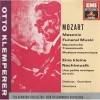
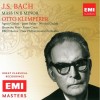
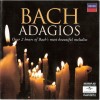

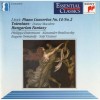
![Mozart - Le nozze di Figaro [Soderstrom, Grist, Berganza - Otto Klemperer, 1970]](http://static.classicalm.com/repository/composition-cover/small/16601-img1380996676573741.jpg)
![Claude Debussy - Orchestral Works [CD 4 of 4]](http://static.classicalm.com/repository/composition-cover/small/15337-img1372968275207353.jpg)
![The Collector’s Edition (EMI) [CD 27 & CD 28 of 30] - Sir John in Love](http://static.classicalm.com/repository/composition-cover/small/13217-img1327489254521758.jpg)
![The Collector’s Edition (EMI) [CD 16 of 30]](http://static.classicalm.com/repository/composition-cover/small/13197-img1327231569522755.jpg)
![Complete Mozart Edition - [CD 51]](http://static.classicalm.com/repository/composition-cover/small/11115-img1312703940146327.jpg)
![Complete Mozart Edition - [CD 50]](http://static.classicalm.com/repository/composition-cover/small/11111-img1312701132577565.jpg)
![Complete Mozart Edition - [CD 49] - Violin Concertos](http://static.classicalm.com/repository/composition-cover/small/11107-img1312699233179082.jpg)
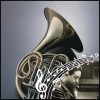
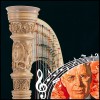
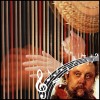
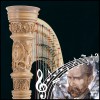
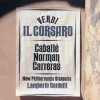
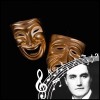
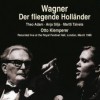
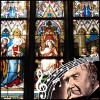
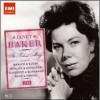
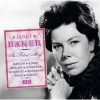
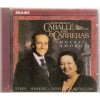
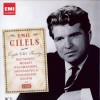
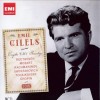
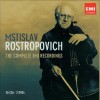
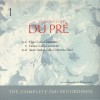
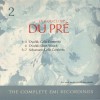
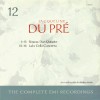
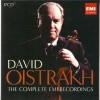
![The Opera Album 2011. [CD 1 of 2]](http://static.classicalm.com/repository/collection-cover/small/1344-img1369919954895586.jpg)

